Digital citizens could shake up democracy in Switzerland and beyond
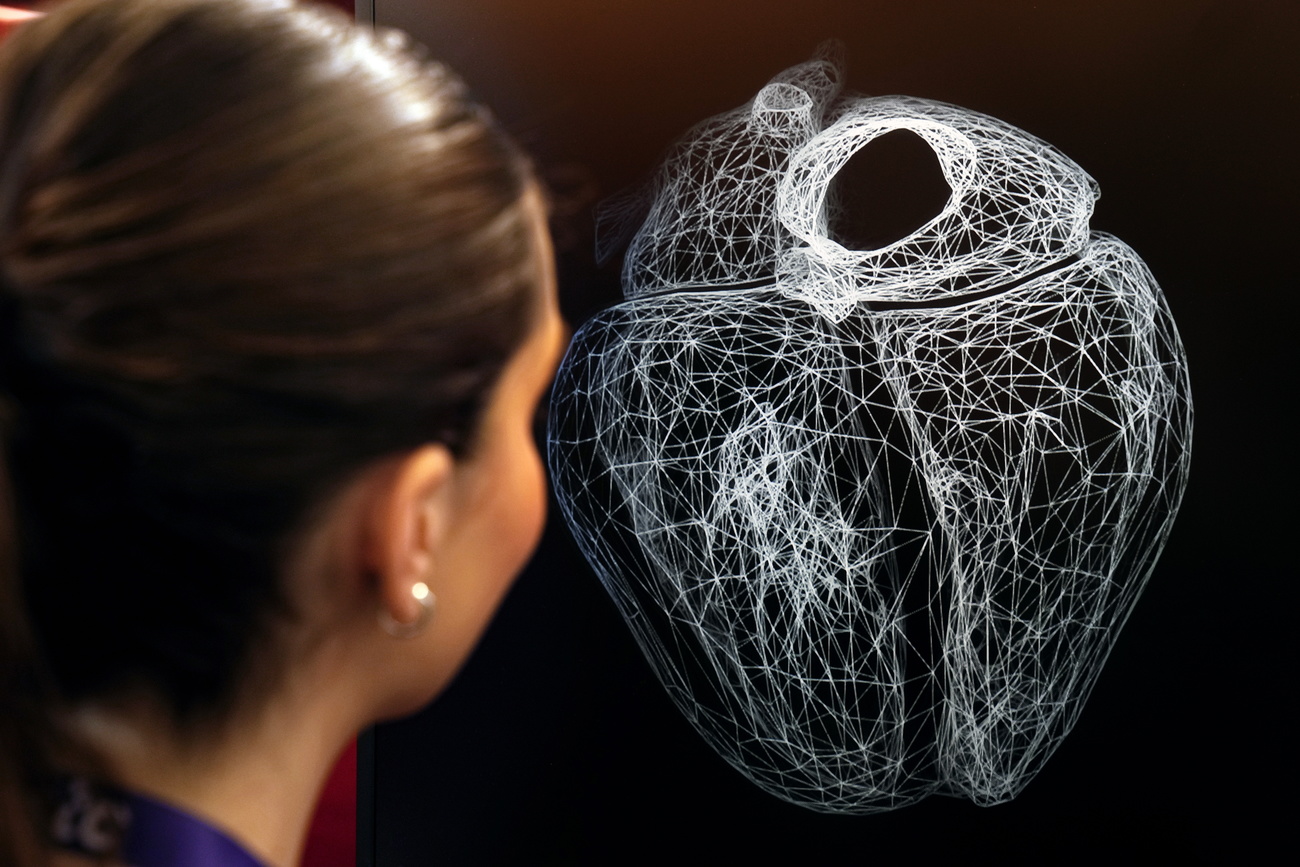
Experts in medicine and business are pinning their hopes on digital twins to shape the future. A Swiss professor and his American colleague have now come up with a bold idea for how this technology could revolutionise democracy in Switzerland and beyond.
Digital twins are emerging across industries around the world. These computerised simulations mirror everything their real-world counterparts do and experience, brought to life by groundbreaking advances in artificial intelligence (AI).
Computer models have been around for a long time, but only today do we have the computing power to ensure that AI models can reproduce reality on a one-to-one basis. What’s new is that these models do not only reflect the past of the modelled person or entity, but they can also simulate every environmental influence and stressor.
Digital twins advance in medicine – and politics?
In last year’s New York MarathonExternal link, a female runner was accompanied by a digital twin of her heart. Prior to the race, the structure and functioning of her heart was scanned, and AI was fed with the data. During the race, it was possible to see how her heart responded to the physical strain of the marathon.
The goal of this latest research, however, is prediction. It aims to determine how a specific heart responds to a certain situation, or how it reacts to a particular drug or treatment. If digital twins can find definite answers to these questions, they could revolutionise medicineExternal link.
Many in the Swiss population are also hopeful that digital twins will drive advancements in medicine. A representative survey conducted by the University of ZurichExternal link in 2023 found that 62% of the respondents were in favour of their use in medicine.

More
Why some people turn to authoritarianism in the name of freedom
However, scientists aren’t just looking at AI-trained simulation to transform medicine and technology. The Twin4DemExternal link project, coordinated by the Erasmus University in Rotterdam, aims to strengthen the resilience of democracies. Using real data, it simulates the political systems – including governments, parliaments, courts and civil society – of the Czech Republic, France, Hungary and the Netherlands to reveal how democratic backsliding unfolds.
Once researchers have identified who and what is responsible for democratic backsliding, they hope to determine how institutions need to be designed to make democracy more resilient.
While Twin4Dem seeks to gain insights into democratic systems through digital twins, a Swiss economics professor is trying to find out how digital twins could one day create an entirely new democratic system, a so-called supported democracy.
Digital twins as citizens – heroes of local democracy?
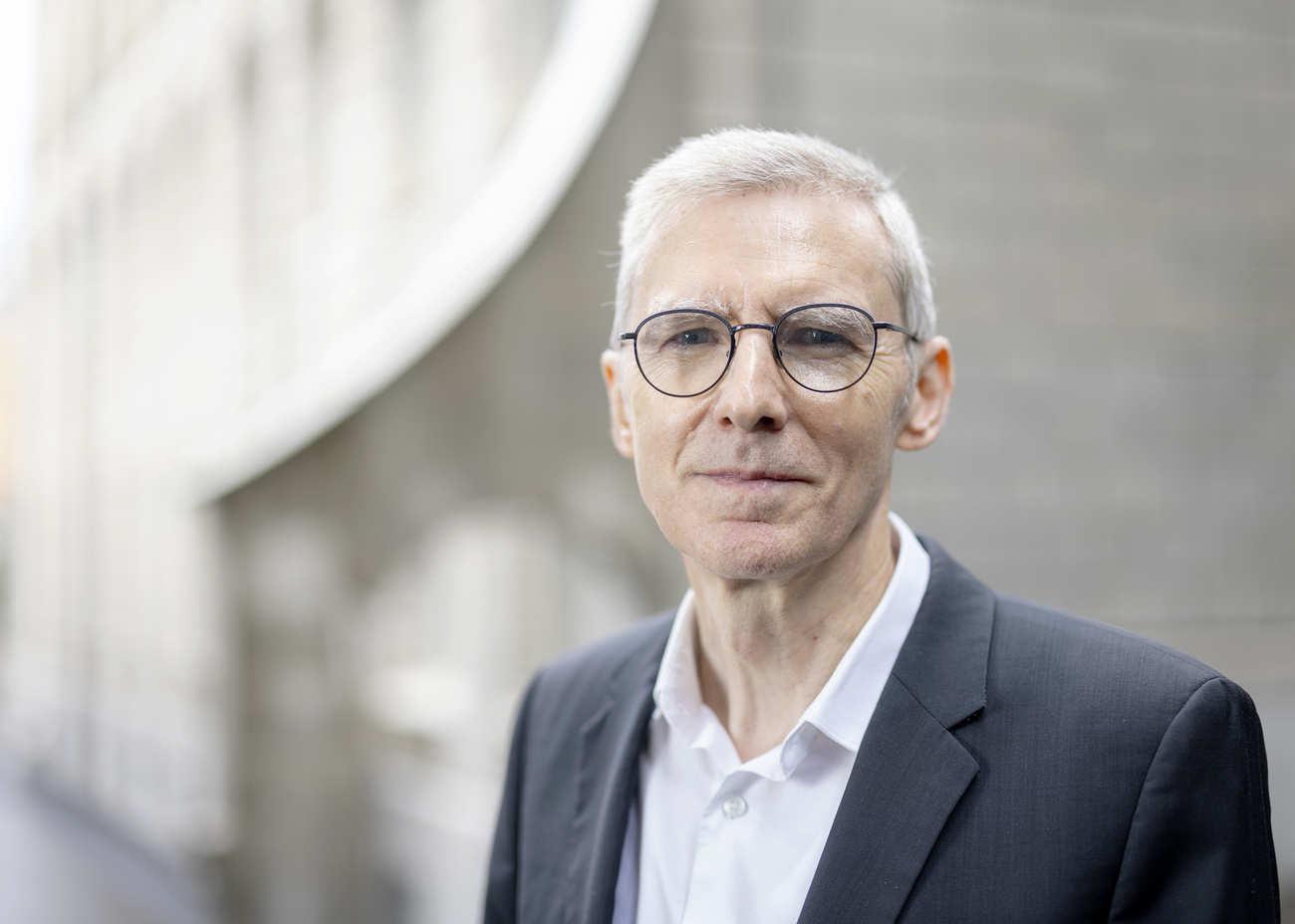
Hans Gersbach, a macroeconomics professor at the federal technology institute ETH Zurich, and his American colleague César Martinelli propose that every citizen should have their own twin, which they call Digital Twin Citizen.
Over time, these Digital Twin Citizens would learn the political views and ethical values of their assigned real-life counterparts and based on extensive factual information, they would then make preliminary decisions in referendums on behalf of their real-life twins.
Referendums would take place in two rounds of voting. The digital twins would vote in the first round. Their results would then be published and openly discussed. However, these results would not be binding but serve as an indication of public opinion.
After the AI assistants’ vote has sparked public debates, real-life citizens would cast their own digital votes. Voters would then be able to adjust the preliminary choice made on behalf of their digital twin.
Saving local democracy
“Our concept is a way to save democracy at the local level,” Martinelli told SWI swissinfo.ch. Citizens in systems with many referendums, such as Switzerland and California, often have to make decisions at the local and regional levels about issues they are not really informed about. “This is because the media concentrate more and more on national issues,” Martinelli explains. It is an idea to ease the cognitive load on citizens.
The first round of voting is the “counterpart of an informed survey”, explains Martinelli. Citizens learn how their digital twins process information and what consensus AI reaches before making their own final decisions.
The two economists have outlined their idea of a supported democracy in the KOF BulletinExternal link of the federal technology institute ETH Zurich. In this “updated democracy model” nobody could claim that citizens are too emotional, short-sighted or insufficiently informed. Nor could anyone argue that they lacked the “necessary incentives“ to make informed decisions.
Global implications of direct democracy going digital
Both Martinelli and Gersbach believe that digital twin technology could not only change direct democracy in California or Switzerland but also make the system more attractive to the “rest of the world”.

More
US disinformation surge rings alarm bells for Swiss direct democracy
Digital Twin Citizens would obtain their information from the same sources their human counterparts would consult for their decision-making, according to Martinelli. While there is no guarantee that AI would not be influenced by misinformation or propaganda, Martinelli explains that AI could be trained to detect misguiding content.
“I am thrilled to see more people working on these ideas,” exclaims César Hidalgo, when SWI swissinfo.ch presents him with Gersbach’s and Martinelli’s concept.
Hidalgo, now a professor at the University of Toulouse, made his name giving a TED talk a few years ago, where he proposed the idea of replacing politicians with digital twins of citizens. Hidalgo believes such innovations will become increasingly common in the future.
“I think that the explosive growth of AI is inspiring more people to think about the use of digital assistants as a way to augment civic participation, and we should encourage free thought and experiments in this space,” he says.
Concerns about automation and data security
The idea of running a democracy with Digital Twin Citizens seems futuristic and raises numerous questions. Some may find it unsettling that the government would gain access to digital representations of their political views.
Such an AI-supported democracy could also provoke fears due to the automation of decision-making. People may wonder why they should bother choosing differently if their digital twin has already decided. This concept could raise concerns because political awareness would, in a sense, be outsourced to an autopilot.
Martinelli responds to such critical questions reassuringly. In reality, digital twins would require “adapting to the institutions and norms of each country.
One can think of digital twins in the same way as vote counting. They could perform a fundamental task for electoral authorities and be “an institution that can be coordinated by electoral authorities which is also checked and monitored.”
The key point, Martinelli stresses, is that despite using this tool, it would still be humans who make the “final decisions”. This way information not considered by the digital twin, as well as emotions, can be factored into the vote. After all, every political decision carries an emotional component.
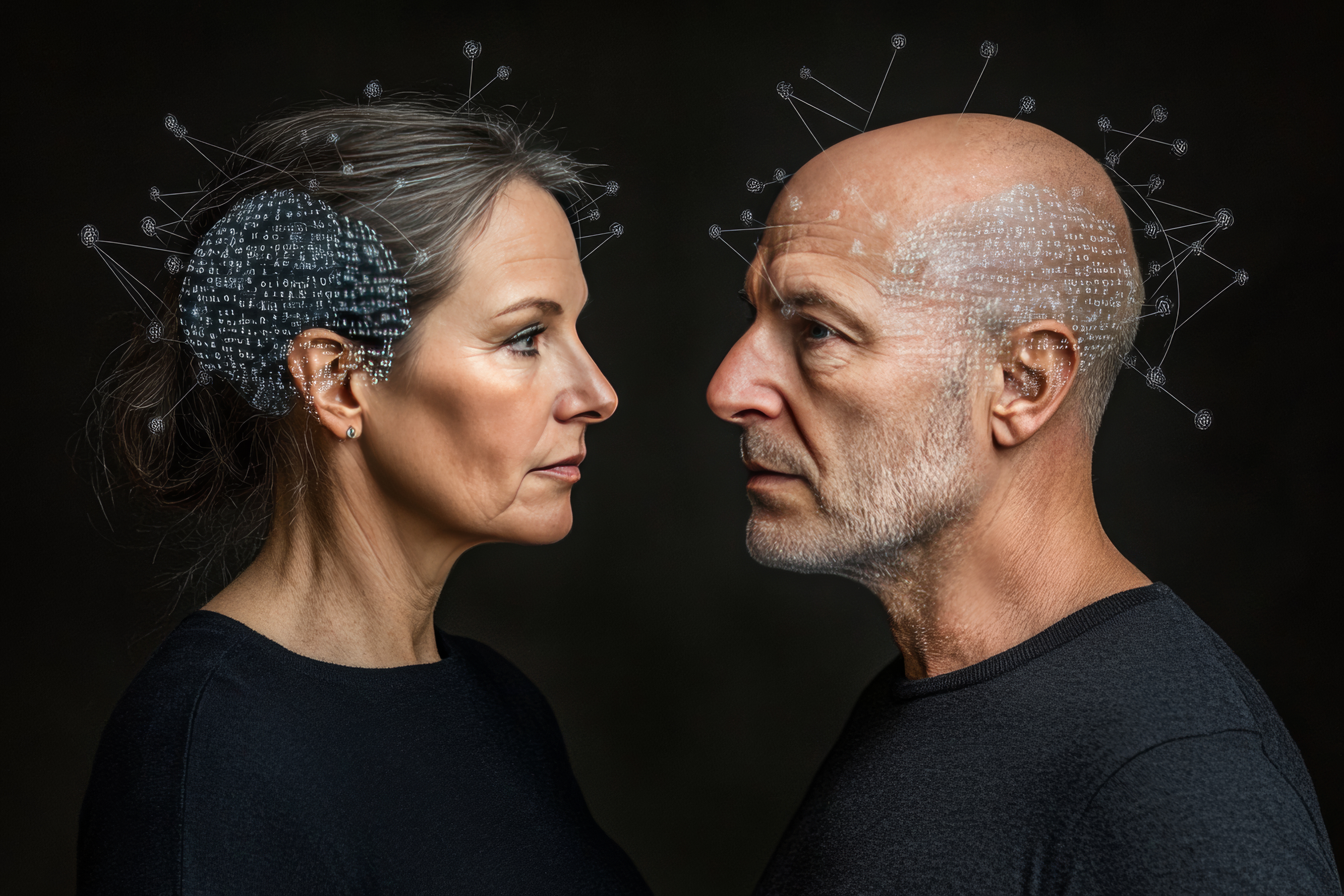
More
AI-powered neurotechnologies raise hopes and fears for health and privacy in Geneva
So far, Gersbach and Martinelli have not submitted a scientific paper on their AI proposal.
“Yet, it is also clear that considerable research is needed to develop reliable digital twin citizens and to be ready to introduce them to direct democracies,” says Gersbach, who is also co-director of the Swiss Economic Institute KOF. He thinks it is crucial for democracies to evolve.
“In the third decade of the 21st century”, digitalisation and artificial intelligence as well as challenges from authoritarian states will confront democracy with a series of challenges that “will force it to reinvent itself,” he writes in an abstract for the scientific journal Social Choice and WelfareExternal link in which he presents various forms of democratic innovation.
Another one of Gersbach’s innovative ideas is Assessment Voting which shares the core concept with Digital Twin Citizens. But instead of digital twins voting first to trigger a public debate, this concept would involve a randomly but representatively selected group of people. In this way, a snapshot of public opinion could inspire a discussion on an issue before a vote, without the need for digital twins to reflect citizens’ values.
The notion of a democracy with Digital Twin Citizens is unlikely to gain a majority among the Swiss population right away. In the aforementioned survey conducted by the University of Zurich on the use of digital twin technology in medicine, 87% were against a mandatory digital twin of their bodies.

More
Our democracy newsletter
Edited by Mark Livingston
Adapted from German by Billi Bierling/ds

In compliance with the JTI standards
More: SWI swissinfo.ch certified by the Journalism Trust Initiative









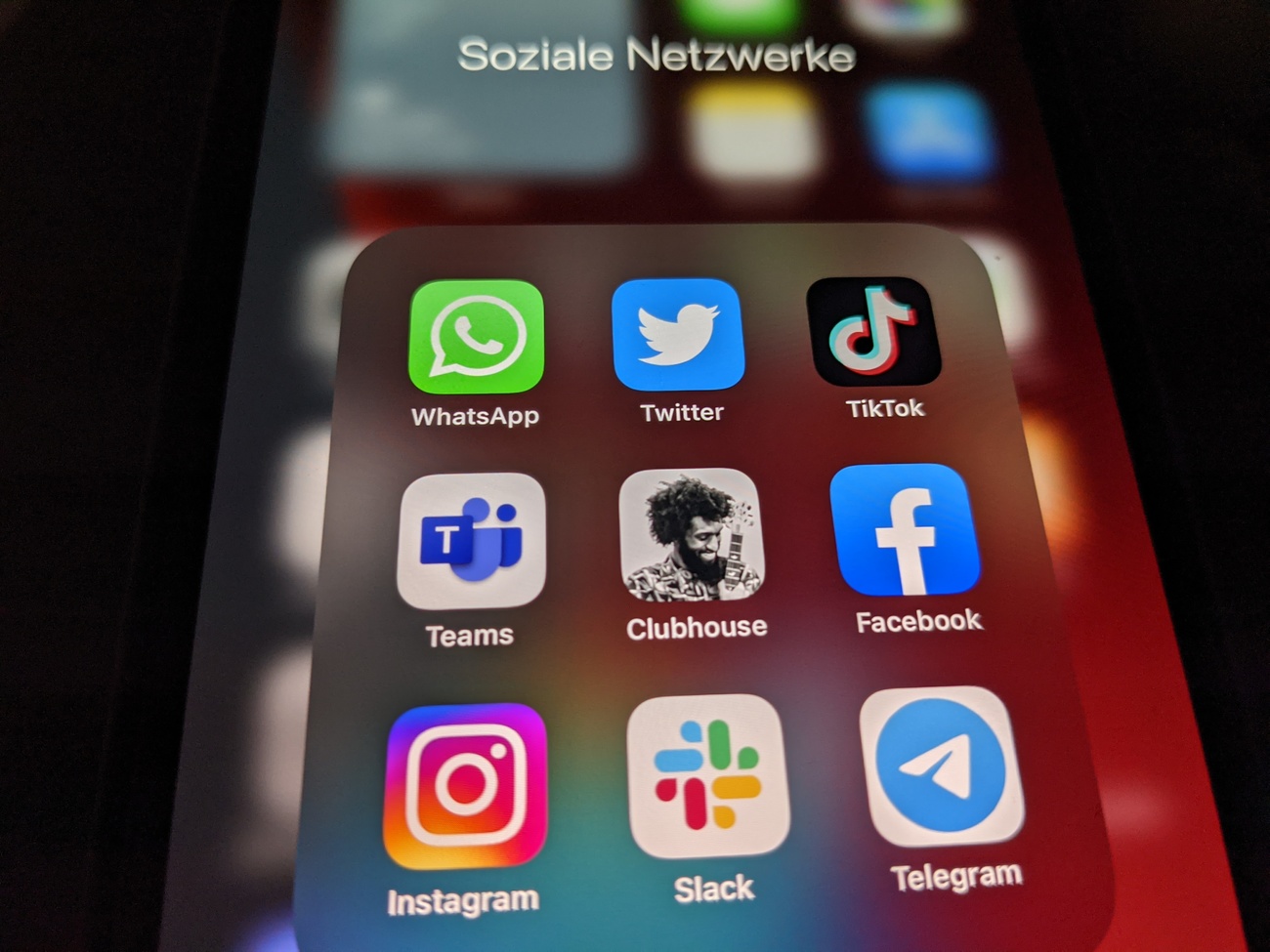
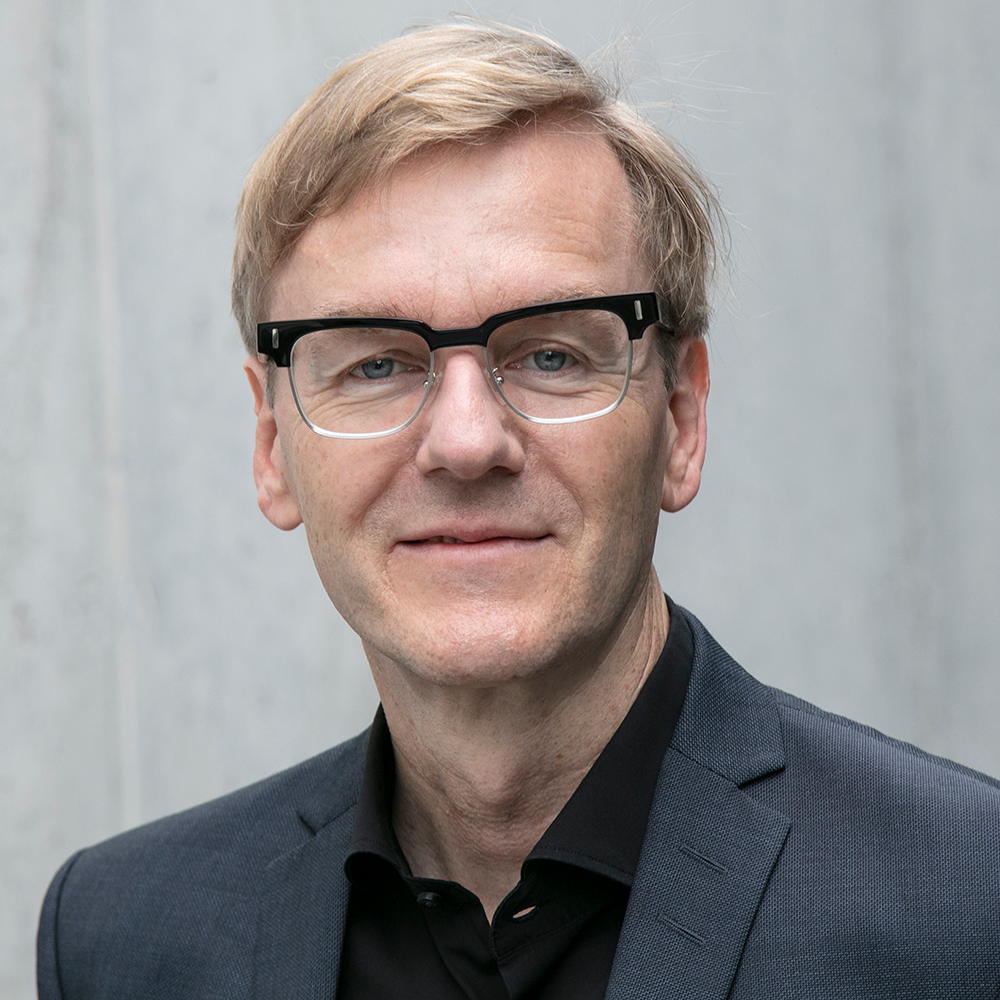
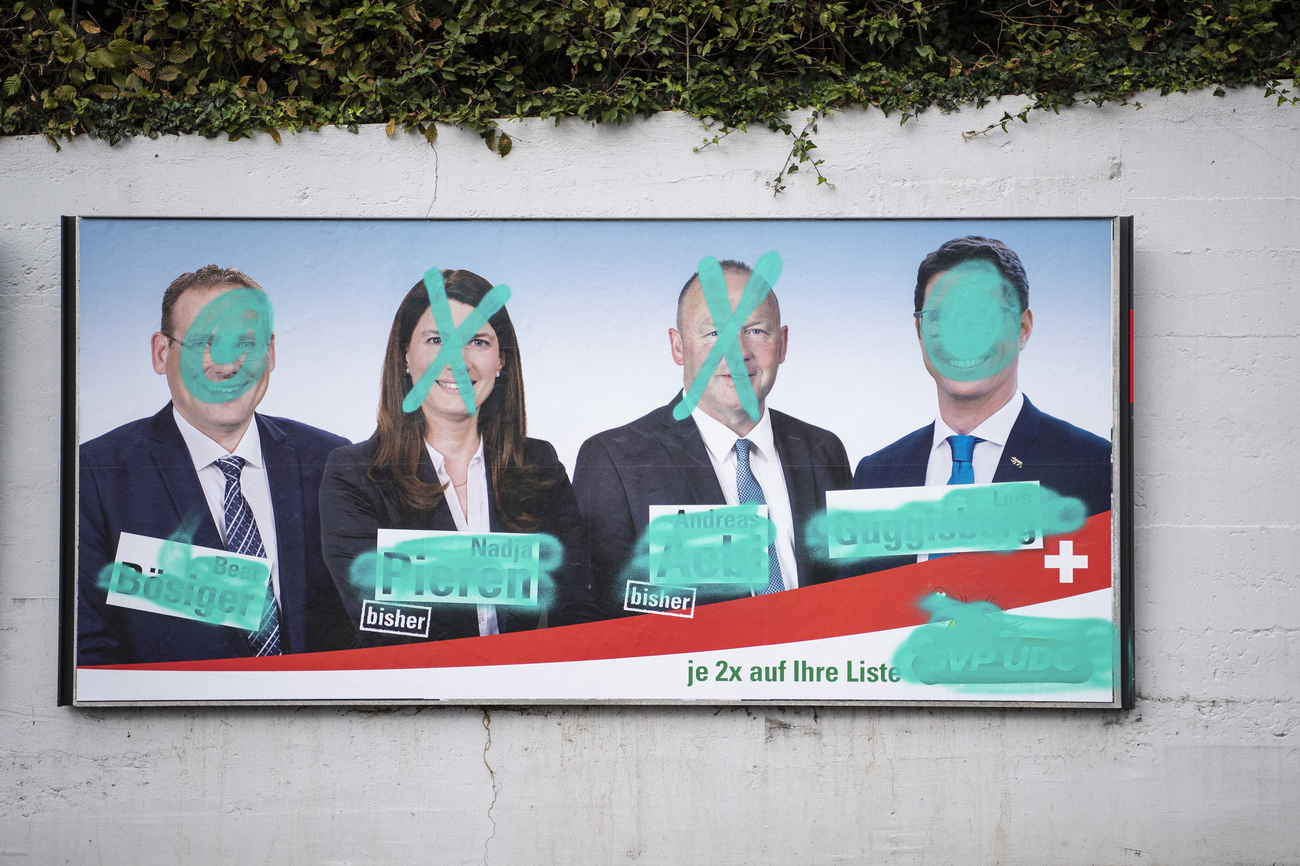
You can find an overview of ongoing debates with our journalists here . Please join us!
If you want to start a conversation about a topic raised in this article or want to report factual errors, email us at english@swissinfo.ch.